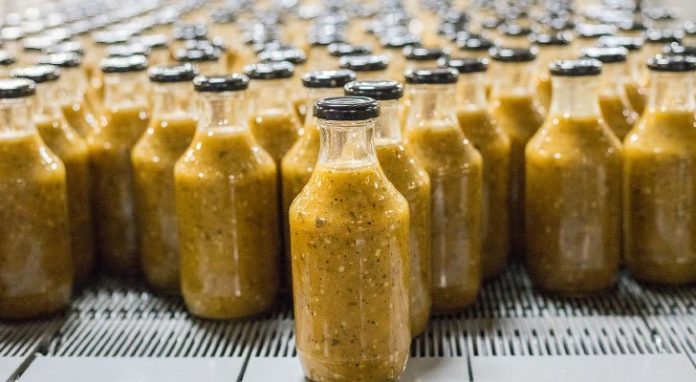In the ever-evolving food industry landscape, one trend gaining significant traction is the rise of private-label food manufacturers. These manufacturers, often operating behind the scenes, play a crucial role in shaping supermarkets’ shelves and restaurants’ menus. Private-label food production involves creating products for retailers or restaurants under their brand names rather than relying solely on well-established national brands. This business model offers a multitude of advantages that not only benefit the manufacturers themselves but also contribute to the growth and success of their clients. In this article, we’ll delve into the key advantages of private-label food manufacturer and how they contribute to unlocking growth in the food industry.
- Customization And Innovation
One of the standout advantages of private-label food manufacturers is their ability to provide tailor-made solutions for their clients. Retailers and restaurant owners can work closely with these manufacturers to develop products that align with their unique brand identities and cater to the preferences of their target audience. This customization extends to everything from ingredients and flavours to packaging design, allowing for innovation and differentiation in a crowded market.
- Cost Efficiency
Private-label contract food manufacturer offers a cost-effective alternative to developing and producing products in-house or sourcing from well-known national brands. By leveraging the expertise and resources of these manufacturers, retailers, and restaurants can enjoy economies of scale, reduced production costs, and more competitive pricing for their products. This cost efficiency bolsters profit margins and provides room for pricing strategies that attract cost-conscious consumers.
- Brand Building
Collaborating with a private label food manufacturer allows retailers and restaurants to build brand equity. Instead of selling products with established national brand names, they can develop a unique and recognizable brand identity through their product offerings. This strengthens customer loyalty and fosters a sense of exclusivity, as consumers associate these products exclusively with the retailer or restaurant’s name.
- Flexibility And Speed To Market
In a rapidly changing consumer landscape, speed to market is crucial. Private-label food manufacturers excel in this area by providing streamlined production processes that enable clients to introduce new products or adapt existing ones swiftly. The ability to swiftly adapt to market trends, consumer inclinations, and emerging possibilities grants retailers and restaurants a competitive advantage, enabling them to lead in the ever-changing landscape.
- Quality Control
The emphasis of private-label food producers lies in upholding stringent quality criteria, given that the prosperity of their customers is intricately connected to the calibre of the goods they manufacture. Rigorous quality control measures ensure that products meet or exceed industry standards, building trust with consumers and enhancing the reputation of the manufacturer and the client brand.
- Exclusivity And Differentiation
Private-label products often come with a sense of exclusivity, as they can only be found at a specific retailer or restaurant. This exclusivity attracts customers seeking unique offerings and allows clients to differentiate themselves from competitors with more widely available national brands. This differentiation fosters customer loyalty and encourages repeat business.
- Profit Potential
The potential for higher profit margins is a compelling advantage for private-label food manufacturers and their clients. With lower production costs and the ability to price products competitively, retailers and restaurants can achieve healthier profit margins compared to selling national brands.
In conclusion, private-label food manufacturers’ advantages are significant and far-reaching in their impact on the food industry. From customization and cost efficiency to brand building and profit potential, these manufacturers provide a pathway for retailers and restaurants to unlock growth and tap into new realms of success. As the industry evolves, the strategic partnership between private-label food manufacturers and their clients will be pivotal in shaping its future landscape.






